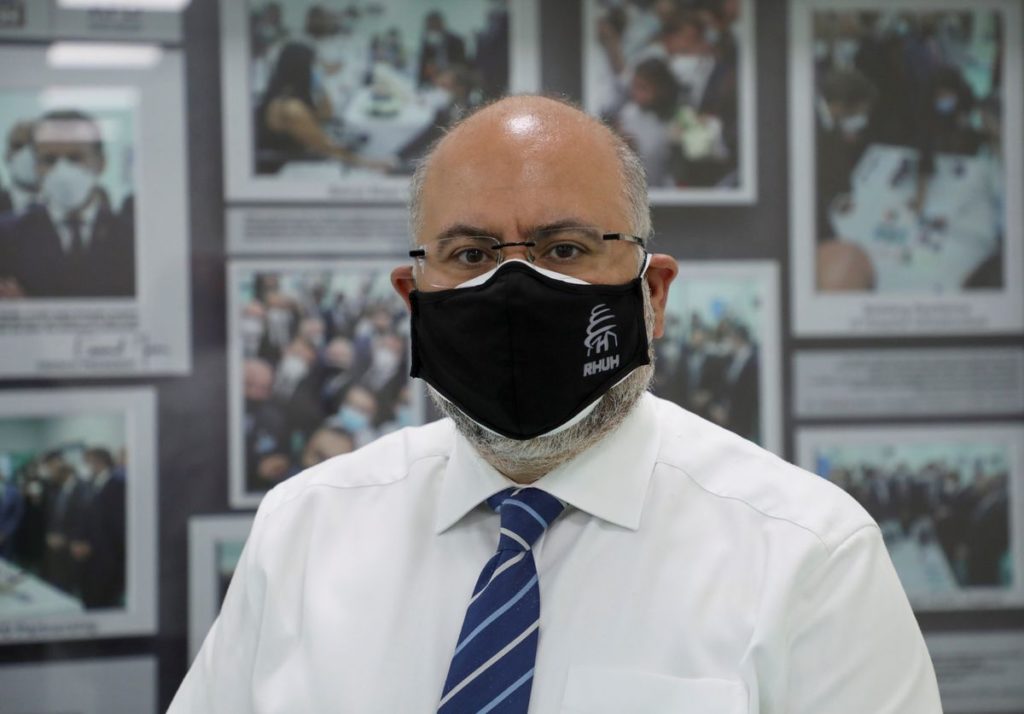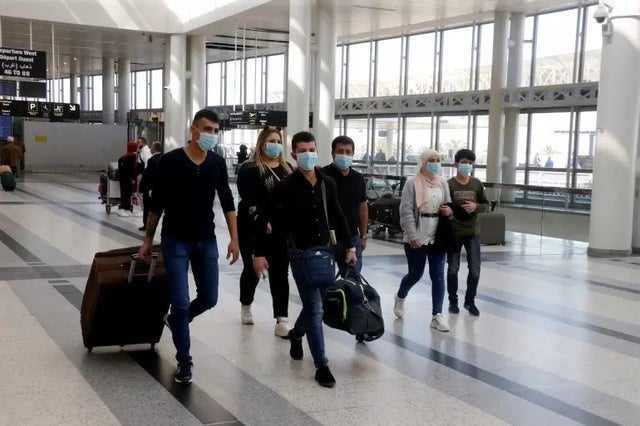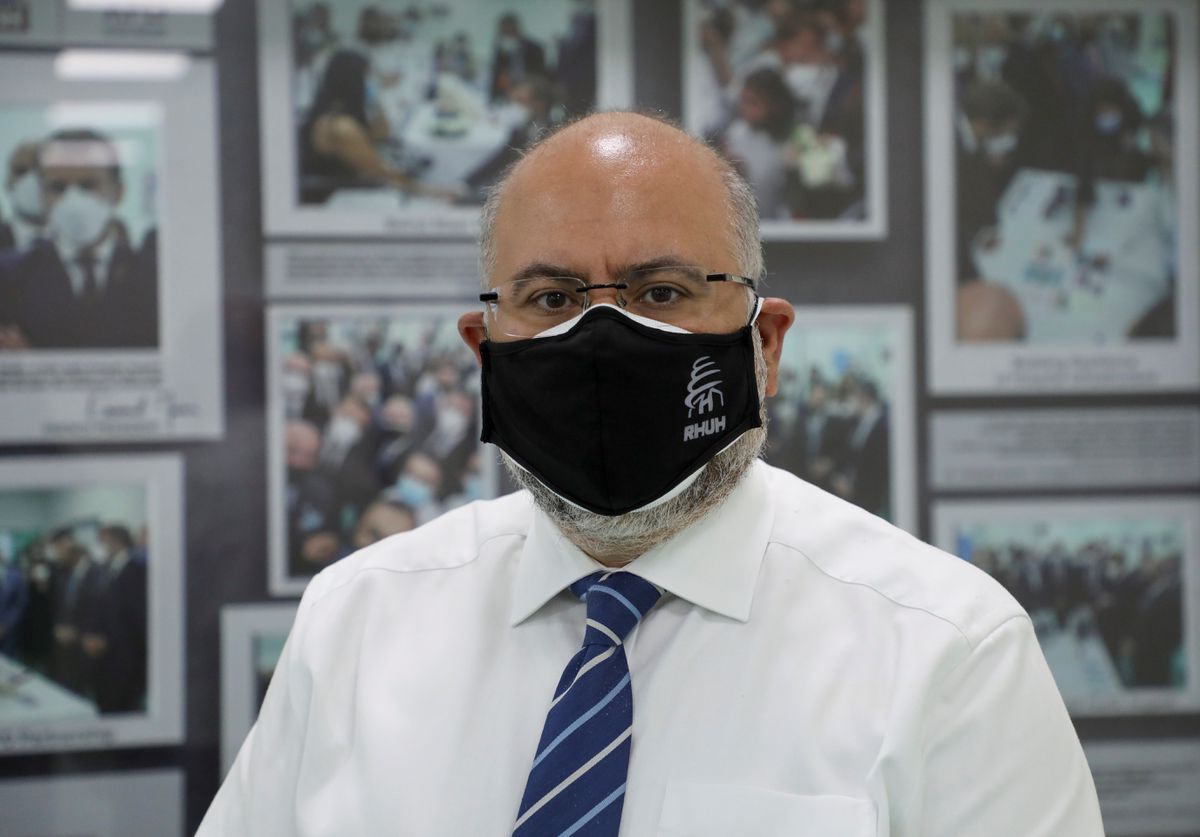By Timour Azhari and Laila Bassam, Maya Saad

BEIRUT, Jan 20 (Reuters) – Lebanon’s healthcare system is crumbling amid an economic crisis that has led to an exodus of thousands of doctors and nurses, forced private hospitals to close some departments and put further strains on the already stretched state sector.
“If this crisis goes on for long without solutions we will of course come closer to a great collapse,” Health Minister Firass Abiad told Reuters this week.
Lebanon’s economy has been in freefall since 2019 and its currency has lost more than 90% of its value, driving much of the nation into poverty and pushing healthcare professionals and others to head abroad for work.
Private hospitals in Lebanon, once a regional hub for medical treatment, accounted for 80% of hospitals and health services before the crisis, but now fewer people could afford them and they were turning to the state, said Joseph Helou, the ministry’s director of medical care.

The ministry covered medical bills for about 50% of the population before the crisis but now about 70% of Lebanese were demanding help, straining the ministry’s shrinking budget, he said, adding: “We are racking up massive debts at hospitals.”
The ministry’s budget in dollar terms was worth $300 million before the crisis and was now worth the equivalent of $20 million, Helou said, after the currency crash.
Mohammed Qassem, 37, rushed his wife – five months pregnant with their fifth child – to Beirut’s Rafik Hariri University Hospital, a public institution, after unexplained bleeding. But he said she was not admitted until a relative brought cash.
“If I don’t have money, what do I do? I let my wife die?” he said, speaking outside the hospital this week.
Patients often have to pay up front, even if the ministry covers their bills.
Vivianne Mohamed had to rely on a charity to pay for her husband’s surgery. “Before we used to go to private hospitals, but now the situation has deteriorated so much,” she said, speaking after a long wait for treatment.
About 40% of medical staff, roughly 2,000 nurses and 1,000 doctors, had already left Lebanon during the crisis, Helou said, with most heading to Europe and the Gulf.
Many were specialists, forcing some private hospitals to shut departments, such as those for cancer, heart and bone diseases and paediatrics. “They can’t find doctors to run them,” he said.
The minister said the country needed an International Monetary Fund agreement and reforms to unlock donor support.
But the cabinet, appointed in September, has not met for three months amid a political dispute, delaying preparations for IMF talks. An election in May threatens further delays.
“There is no doubt Lebanon is a sick country now but the main question is whether it’s a terminal disease or a disease that can be cured,” the minister said. “To recover, as we tell patients, there is a treatment plan they must adhere to.”
REUTERS


Leave a Reply
You must be logged in to post a comment.